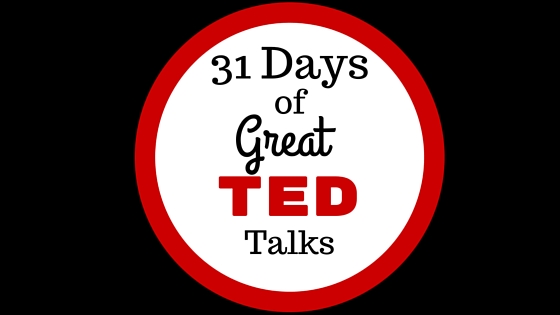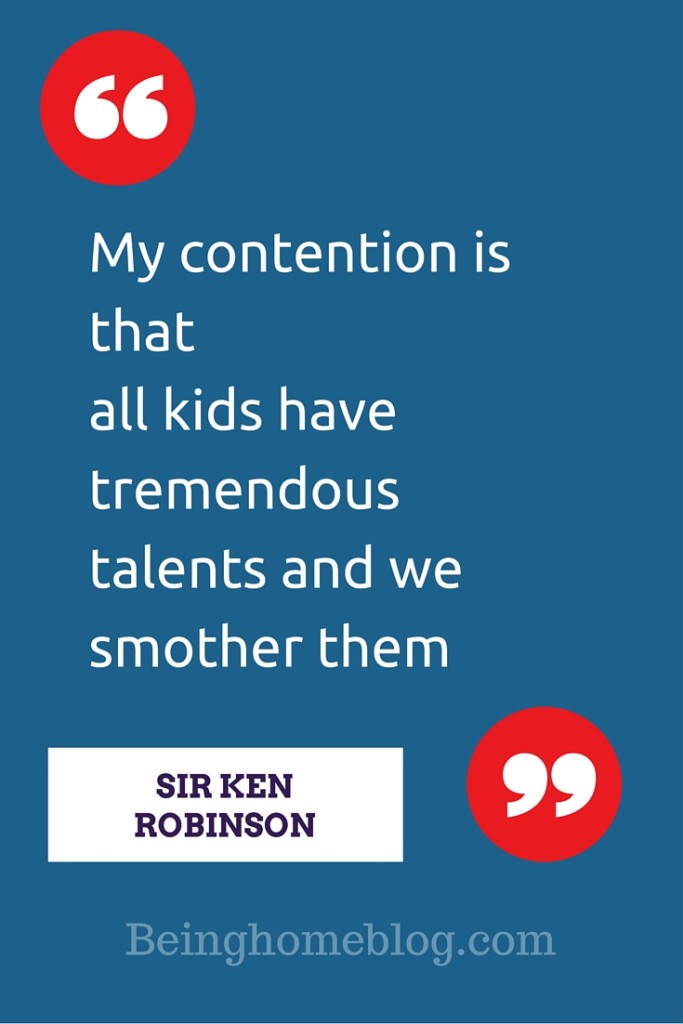The science of happiness is real and even applies to traditionally grim environments (giant banks during the financial meltdown, the military, prisons, etc.)
In this hilarious and convincing talk, Shawn Achor, a leading expert in the science of happiness, makes a convincing case that happiness PRECEDES success (not the other way around), that people can be primed for happiness and success and that we truly are the masters of our experience.
This is not woo-woo, feel good positivity. It’s hard science that ANYONE can master.
Watch the first minute of this talk and you’ll boost your happy factor today…then you’ll want to watch the whole thing-guaranteed.
Of course, I had to get the book and not only is it enlightening, but practical, too. (I need my book back, Paula!)
The Happiness Advantage brings us up to date on the history and the latest research in positive psychology, anecdotally and scientifically.
As a painfully practical person, what I love about Achor’s book most is that it also offers 5 “happiness hacks” that anyone can implement to improve their happiness score (that’s my term) or even reverse decades of pessimism in less than a month.
Disclosure: This post contains affiliate links. If you make a purchase through a link, I receive a small commission (cents, seriously) at no additional cost to you. What’s the point? It makes me happy!



